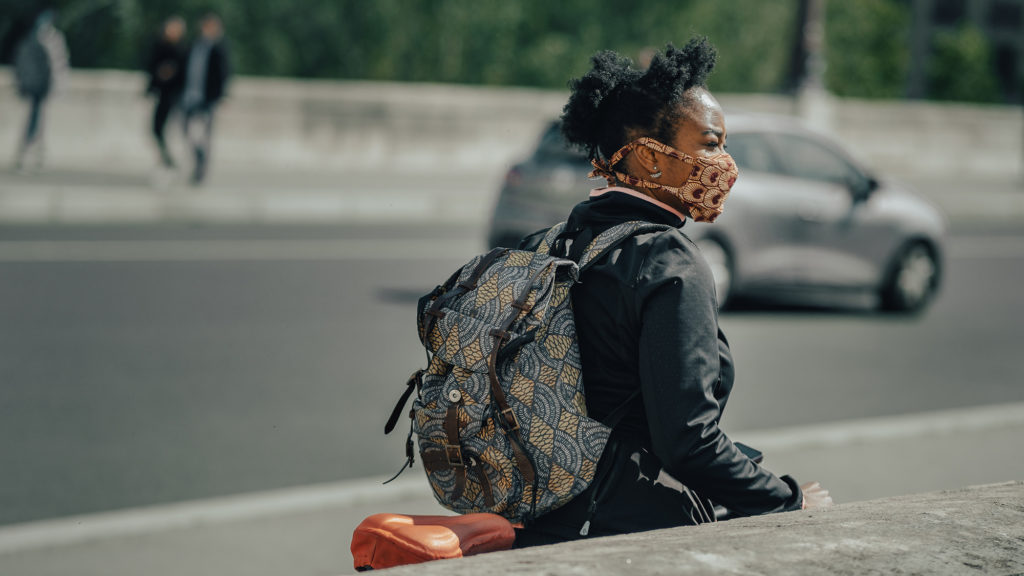
Note: This session is one of two sessions under the theme “Pandemics, planning and the right to the city”
Session Chair and point of contact
- Sony Pellissery
- Aadne Aasland
Abstracts
Session programme
Wednesday, October 28 2020, 12.30 – 14.00
- Covid-19, Tribal Migrants and their future in Urban India
Aashish Khakha as_khakha89@yahoo.in (Tata School of Social Sciences/Mumai) - Exodus: Right to the city & migrant labourers in India
Sattwick Dey Biswas sattwick@gmail.com (India) - Rise of the volunteer movement in the Murmansk region during the COVID-19 pandemic
Larissa Riabova larisa.riabova@yandex.ru; Ludmila Ivanova ludmila_ivanova@mail.ru; Svetlana, Britvina onions-99@yandex.ru; Vigdis Nygaard viny@norceresearch.no (Luzin Institute for Economic Studies (LEIS)/Murmansk) - COVID-19 in Global Cities: New York, London, and Tokyo
Peter j Marcotullio pmarcotu@hunter.cuny.edu (CUNY, US) and Michael Schmeltz (CSU East Bay, US) - Lessons from the Covid-19 response in the Norwegian – Russia border-regions. Crisis management, public discourse and the role of non-state actors
Vigdis Nygaard viny@norceresearch.no (NORCE Alta), Bård Kårtveit, NORCE Alta; Rita Sørly, NORCE, Tromsø; Larissa Riabova, LEIS; Lyudmila Ivanova, LEIS; Svetlana Britvina (LEIS) - Academic mobilities and ‘the right to the city’ under the pandemic condition
Alena Myshko alena.myshko@gssi.it (Gran Sasso Science Institute, Italy)
About this session
The COVID-19 epidemic has viscerally revealed how identity and status intersect with place and movement in everyday life to constitute radically different socioeconomic consequences – across nations, regions and neighbor to neighbor. It is eminently clear that intersectional and differentiated identities (for example, across gender, class, race and ethnicity), place, mobility and the specific opportunity structures connected to place (including security of home, local services and support, mobility and transport, and different experiences of access – to green spaces, workplaces, personal refuge/safety) are decisive factors shaping the experience of life in urban areas.
More specifically, COVID-19, as with earlier pandemics, has revealed stark inequalities regarding “the right to the city” (Lefebvre 1968), exposing a pre-existing struggle for social justice and to dignified access to urban life in the face of growing urban inequalities. The concept of the right to the city has been especially resonant in Latin America and Europe, but is also pertinent to urban metropolises in Asia, Africa and North America. As Anjali Karol Mohan, at the Takshashila Institution in Bangalore, India, says: “the invisible has become visible for the moment.”
Pandemics have also shaped city planning throughout human civilization. In this sense, COVID-19 is a transformative moment in which it is possible to restructure and envision our cities. For instance, several challenges of city’s social architecture, which are accepted as ‘normal’, could be restructured if we see the current pandemic as an opportunity. Transformative change in this case would include an aim to restructure property relations in urban areas. The institution of private property is a robust social arrangement, yet its exclusionary character, creates more problems than it solves, and alternative property relations must be deliberated by city planners.
Simultaneously, an opposing movement is also at work.
Across the world, there are reports of improvements to urban environments after lockdown has been introduced, such as quality of air and water sources getting cleaner. At the same time, the economy has been under tremendous pressure due to ‘lock down’ and governments globally are encouraging policies to return to ‘normal’. Innovative methodologies combining mapping with critical analysis and political activism enable researchers to “render visible the landscapes, lives, and sites of resistance and dispossession elided in capitalist, colonial, and liberal topographies” (Azhar et al. 2016), so as to begin to imagine more open cities.
The session is open to papers investigating the intersectional and differentiated “rights to the city” that are revealed in times of pandemic, as well as to those exploring potential transformative solutions and methodologies that may be a part of creating a more flexible and socially just city. The session is open to empirical, theoretical and exploratory/reflective papers. We encourage papers using novel methodologies and submissions from Asia, Africa, North and Latin America, as well as from Europe.